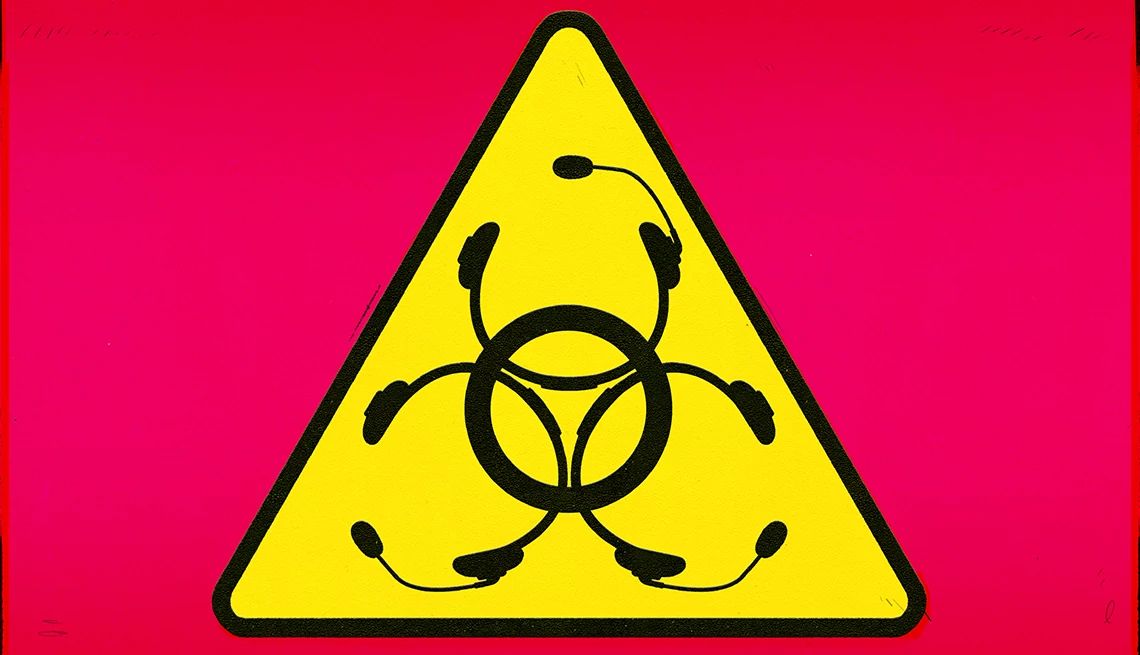AARP Hearing Center


In Southern California, Helen (who’s asked that we not use her real name), a retiree in her 80s, was reading her sister’s obituary on the web when a pop-up screen suddenly appeared, announcing that her computer had been infected with a virus.
“Do not turn off your computer!” a loud voice warned through the computer’s speaker.


Save 25% when you join AARP and enroll in Automatic Renewal for the first year
Get instant access to discounts, programs, services and information you need to benefit every area of your life.
Helen was instructed to call the phone number that appeared on her screen, according to her son, a retired U.S. intelligence agency official who — with her permission — shared her story with AARP. She soon found herself talking to someone who claimed to be a tech support staffer from Microsoft.
He asked for her cellphone number, and he probably was able to use that number to look up where she banked because such information exists in dark web databases. (The Perfect Scam explains the dark web in this episode.)
Need tech support?
“There are 36 hackers in your computer right now,” he warned her. She trusted him because, after all, he knew where she banked, and she hadn’t divulged that information or even her name. Then he convinced her to download software that gave him access to her computer and its data.
Helen didn’t realize that the helpful technician was actually part of a fraud ring and that the pop-up on her computer was a fake, possibly triggered by a malicious ad planted on a website.
He offered to put her through to the security department, where someone posing as a bank official told her that hackers already were stealing from her account and that she needed to quickly move her funds to a new, safe account.
Helen followed his instructions, withdrawing cash and buying gift cards and sending wire transfers and cashier’s checks to addresses in other cities. She lost most of her retirement nest egg to the criminals, before a bank fraud investigator intervened, convincing her to speak to her family about what she was doing.
Huge losses from tech-support scams
Criminals posing as online helpers and offering to rescue people from computer viruses — usually in order to gain access to their targets’ computers and other devices — isn’t a new phenomenon. But it hits older adults particularly hard. The Federal Trade Commission (FTC) reported to Congress in October 2024 that consumers 60 and older were five times more likely to be victims of a tech support scam than people ages 18-59. Older consumers reported $175 million in losses to tech support scams.





































































More From AARP
How to Keep a Loved One With Cognitive Decline Safe From Scams
Key steps to protect vulnerable family members’ finances in an age of rampant fraudWhat to Know About Those ‘We’ll Buy Your Home’ Ads and Mailers
Shady house flippers use high-pressure tactics and offers of fast cash to make a profit on your propertyHow You Can Spot and Avoid Car Repair Scams
Many car owners complain that repair shops have tried to take advantage of them with various scams — pushing unnecessary maintenance, for example, or charging for repairs that are never made. Learn what automotive experts recommend for keeping your car and wallet safe.
Recommended for You